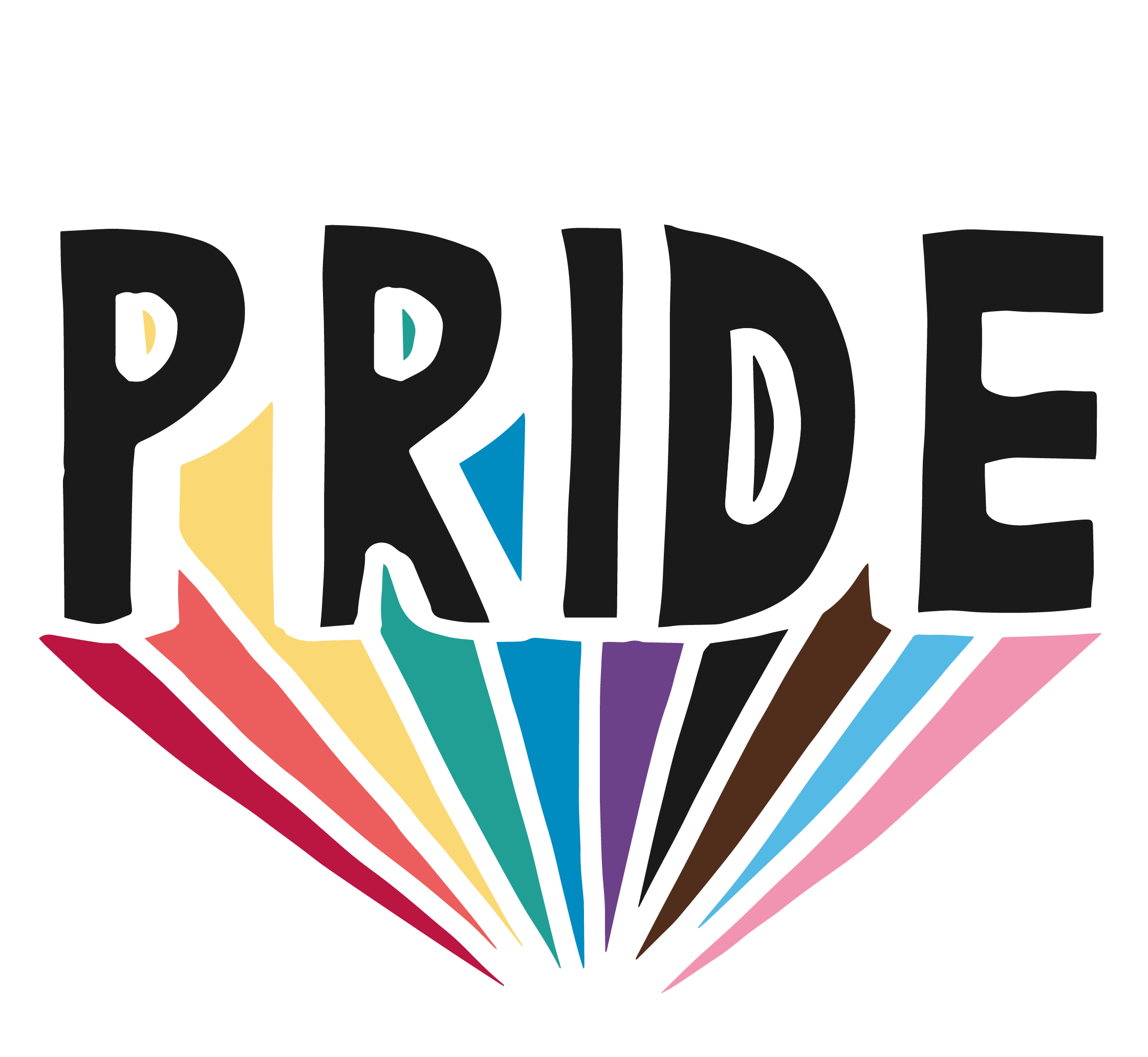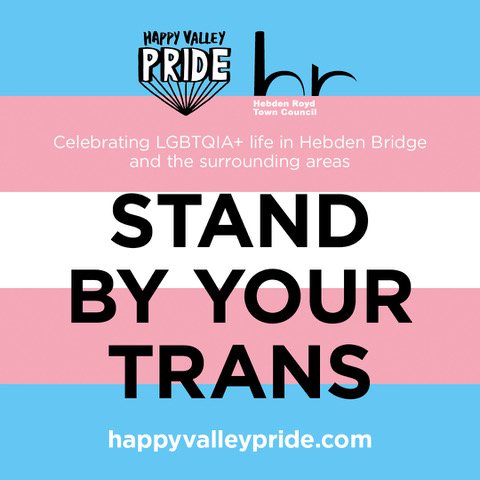
International Transgender Day of Visibility (TDoV) is an annual event occurring on the 31st March dedicated to celebrating transgender people and raising awareness of discrimination faced by transgender people worldwide, as well as a celebration of trans lives.
This year we're proud that Hebden Royd Town Council has joined our Stand By Your Trans campaign, borrowed from our incredible patron Kate O'Donnell of Trans Creative.
If you would like to show your support of our local trans community you can collect a poster from reception at The Town Hall, Hebden Bridge.
On this year's TDOV, some of Happy Valley Pride's volunteers and friends wanted to share what TDOV means to them. Enjoy!
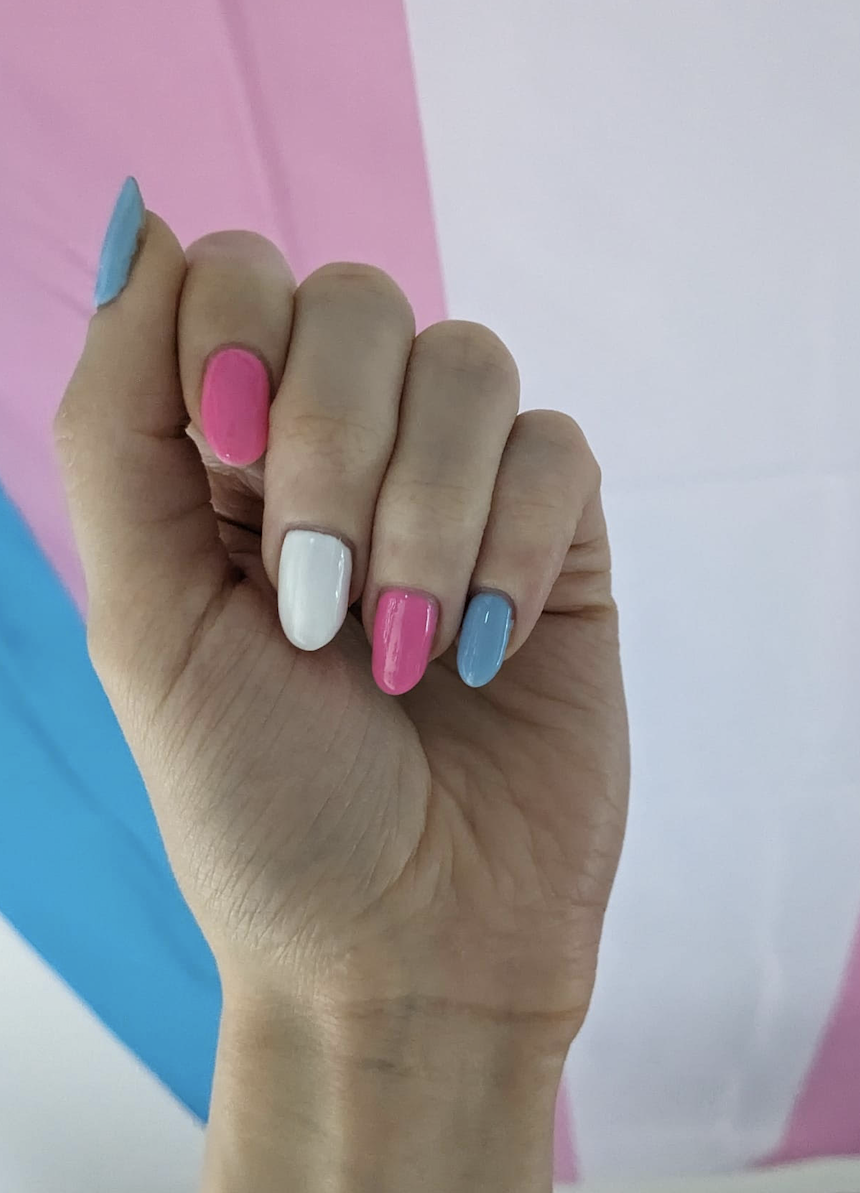
Trans people have a visibility problem
In 2021, the UK census included information on gender identity for the very first time. According to the results, around 0.5% of the population is trans. This is probably an undercount, for reasons that we’ll come back to in a bit – but even so, that means that of a current UK population of nearly 68 million, over 300,000 people are probably transgender.
It also means that if you know 52 people, there is roughly a 33% chance that at least one of them is trans. This is, according to a Yougov survey in 2022, the proportion of British people who say they personally know someone who is trans.
But most people know far more than 52 other people. In a 2010 study Tyler McCormick, Matthew Salganik, and Tian Zheng estimated that the average person knows 611 people. There is less than a 5% chance that none of those 611 people is trans. If, like me, you’re much less of a social butterfly than McCormick et al’s estimate, you only need to know 139 people for the odds of at least one of them being trans to be greater than 50%.
Most people probably know someone who is trans – so why do only a third of Britons think they do?
The reasons aren’t going to come as a surprise to anyone with at least a passing familiarity with the LGBTQIA+ community. I was very active on trans social networks in early 2021 – as someone who had only just realised that I was probably trans – and I lost count of the number of people who said they were trans but had no intention of saying so on the census. Many of them didn’t feel comfortable – or safe – writing down that they were trans on a piece of paper that others in their household would see. Others didn’t trust the government with that information about themselves.
There is still a significant stigma attached to being trans: one that many figures in the UK’s media and current government are actively stoking. Against that background, lack of visibility isn’t a problem for many trans people: it’s a matter of comfort, security, even personal safety. For many trans people the ideal is to be able to transition and effectively become invisible – and under no circumstances will I tell them that it shouldn’t be. If you’re trans and reading this, there is no moral obligation on you to be visible. Your comfort, security, and personal safety must always come first.
But lack of visibility is a problem for the trans community. It makes it very difficult for a lot of trans people to find that community, and as a result many trans people feel alone. Isolated. It prevents some trans people – including, for three decades, me – from realising that they’re trans in the first place. It contributes to the underresourcing of trans-specific services and healthcare. And it’s much easier to be swayed by bigoted, hateful rhetoric against a group if you don’t personally know, and empathise with, anyone from that group. Familiarity and normalisation – not trying to be “normal” for the sake of fitting in, but becoming recognised for the normal part of the fabric of society that we are – is one of the most important ways that marginalised groups gain acceptance and lose stigma.
So, if you’re trans, and it would be safe and comfortable for you to do so, consider doing something to mark trans day of visibility. You never know when you might help a fellow trans person feel that little bit less alone. If you’re one of the one third of Britons who knows a trans person, consider reaching out to them. It means a lot to feel seen, especially if you’re in the closet. And if you’re one of the two thirds of people who doesn’t think they know a trans person, consider that you’re probably wrong.
For my part… Three years ago, I had only just realised I was probably trans, but I made sure I was counted on the census. This was the first point at which I became visible to anyone other than my partner, and it was scary. But it was meaningful.
Two years ago, I had been out to a handful of people for a few months. One of them wished me “happy trans day of visibility”, and even though I was still mostly closeted, it was lovely to feel seen in that way.
One year ago, I was on the verge of coming out at work. I was even tempted to try and time it for trans day of visibility, but I missed it, and so despite being out to almost everyone in my life, I still spent the day hiding from the world. A couple of months later I did come out at work (it went well), and for many people at work, I was the first trans person they had ever – knowingly – spoken to.
This year, I will be visible.
By Cass
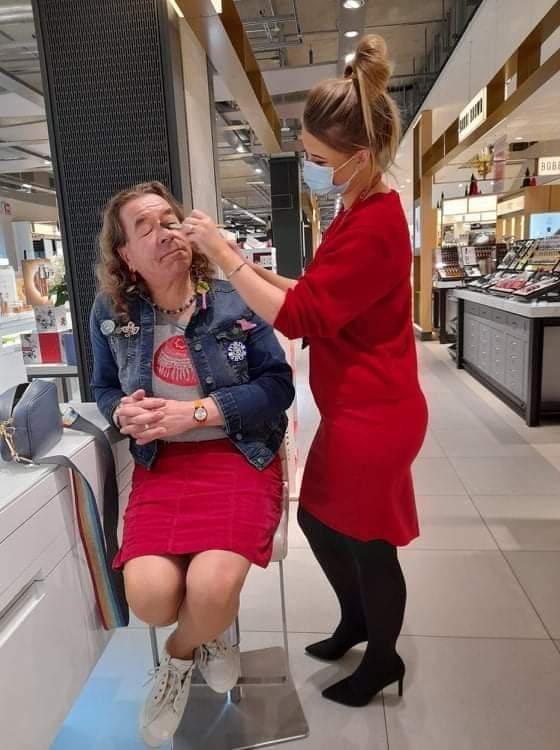
Being out, being proud is the most powerful thing I can do. There's nothing to be afraid of, Trans people are just people.
It's not brave, it's not a choice, it's simply me being me. You do you, I'll do me, and we'll get on fine.
I used to think that the worst thing that could happen was that people know I am Trans. Then I had my soddit moment and burst out into the world. It was the best thing I ever did.
There are millions of good people out there who wish us well.
By Laura
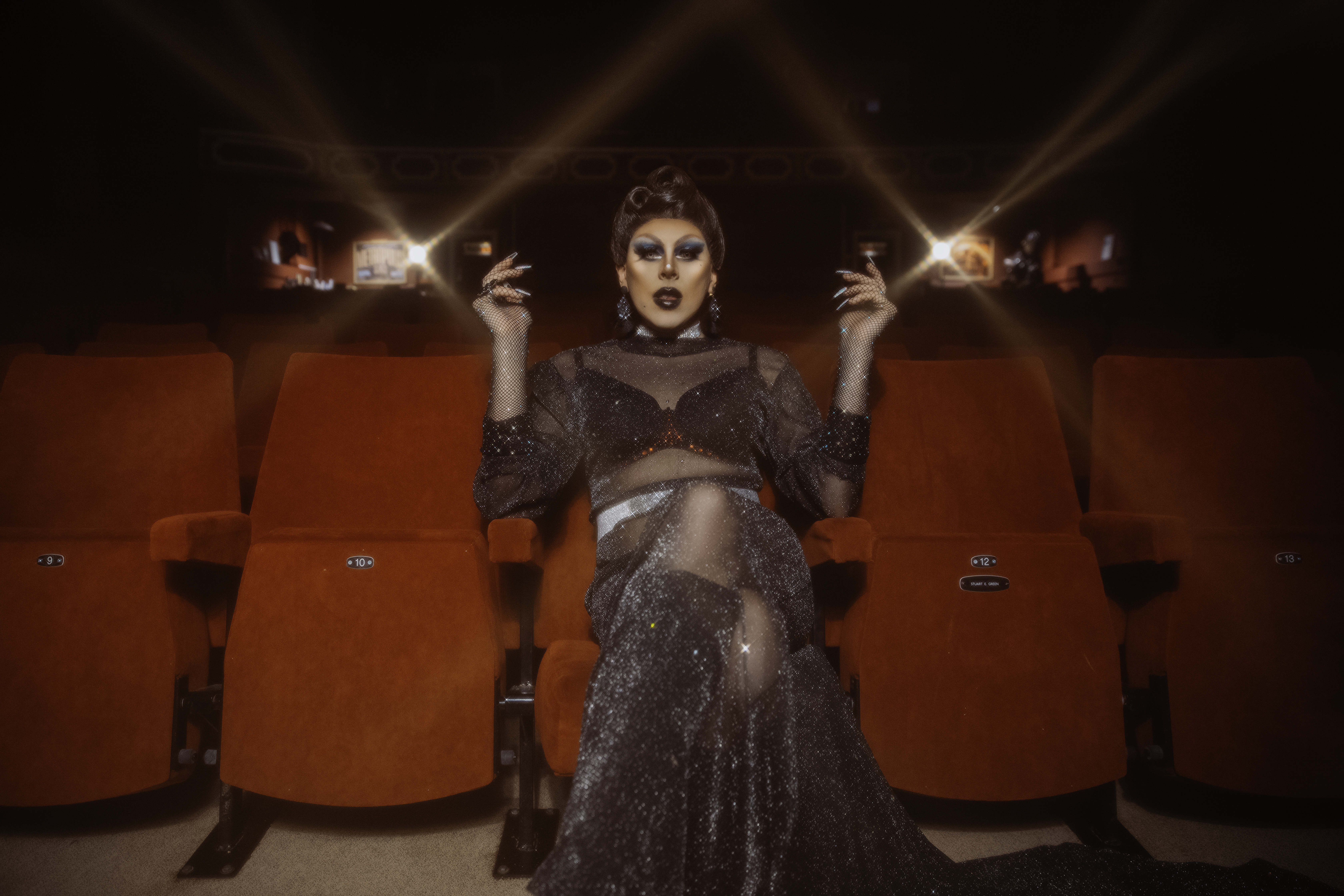
Trans visibility means being respectful and considerate to the community.
I am all for people feeling comfortable and living as there authentic selves and I have a tremendous amount of respect for people going through their trans journeys.
By Luke
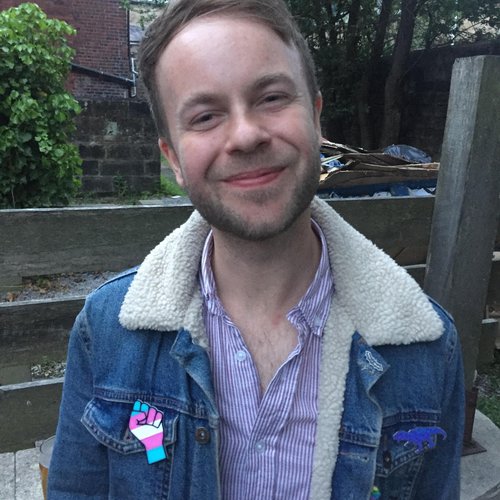
Why being a visible trans ally is important
As far as I am concerned, nobody should face discrimination for being who they are. As long as you're being kind and treating others with respect, you deserve the same. It baffles me that some people in society still try and split us all up, then picking on those who are smallest in numbers, brazenly denying somebody elses experience and existance and exacerbating the most ridicuous lies to stir up hatred. Mainstream media has a lot to answer for, but we have a choice not to listen to it.
If i'm not a trans ally, I'm not a human ally. Being a trans ally means letting trans, non-binary and genderqueer people know you've got their back as they try and be their authenitic selves (which nobody should have to try to do), whilst doing humanity a favour and pushing back on hatred. It means un-learning things you've been told. Questioning what you've been taught. Being open to a better understanding of gender. It means opening your eyes to a world where barriers created to repress certain people no longer exist. Where everyone can be happy and live their lives as their true selves.
By Darren
